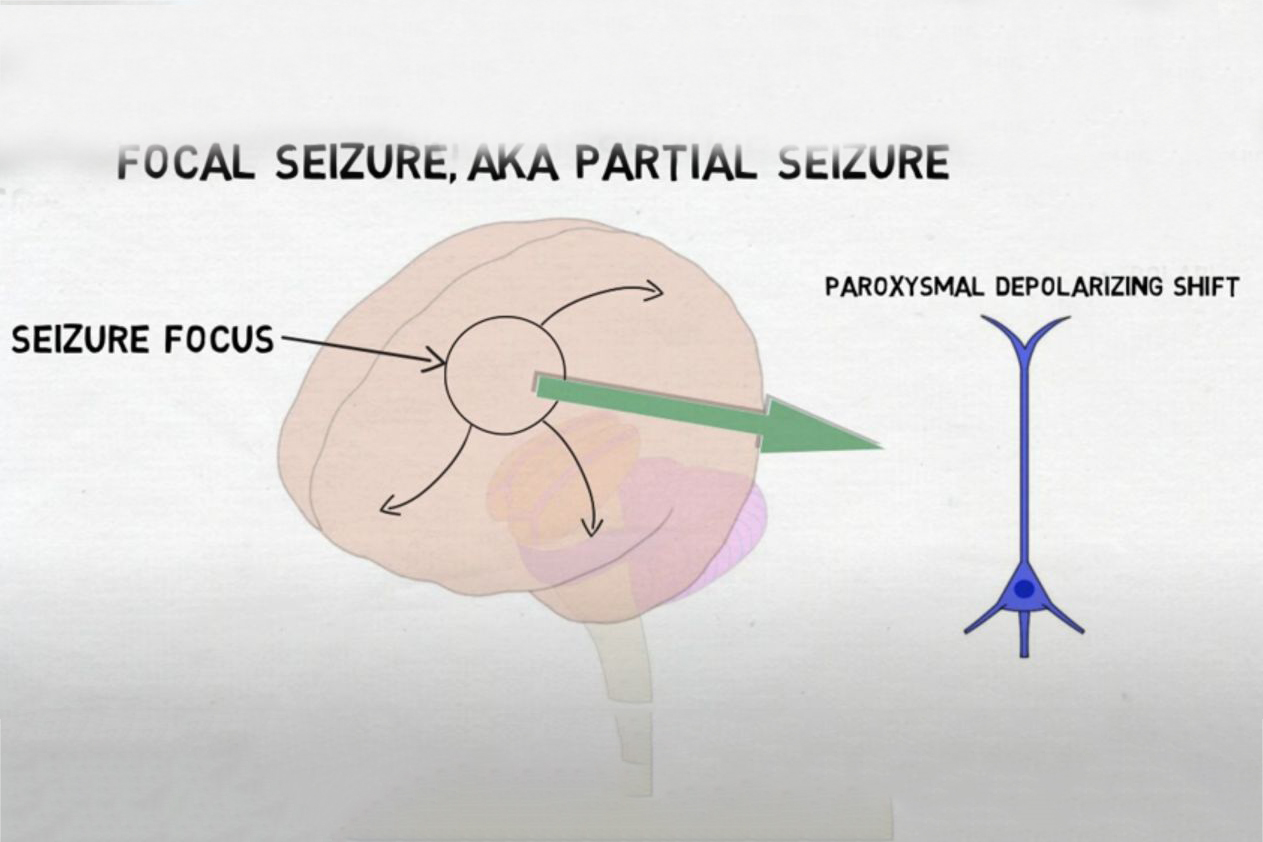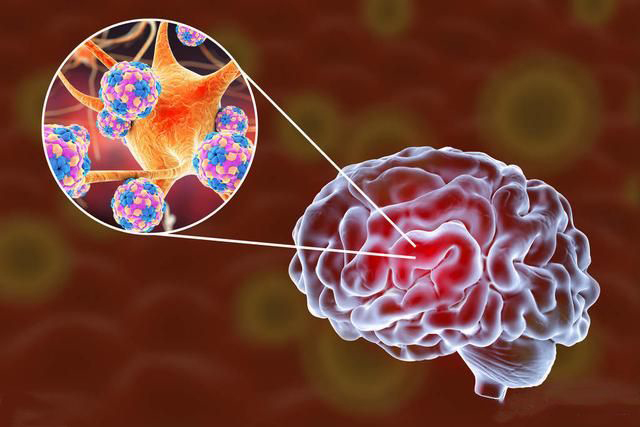Epilepsy
Etiology
The etiology of epilepsy is complex and may include:
Genetic factors: Some epilepsy types are associated with genetic mutations or hereditary factors.
Brain damage: Structural damage to the brain such as head trauma, stroke, brain tumors, etc.
Abnormalities in the nervous system's development: Abnormal brain development might lead to epilepsy.
Metabolic disorders: Metabolic diseases like hypoglycemia, uremia, etc., might trigger epilepsy.
Infections: Central nervous system infections like meningitis, encephalitis, etc.

Clinical Manifestation
The primary symptom of epilepsy is seizures, but different types of epilepsy can present varied clinical symptoms. Typical epileptic seizures include:
Partial seizures: Involving only a specific region of the brain, patients may experience localized muscle twitching, sensory disturbances, etc.
Generalized seizures: Affecting the entire brain, patients may exhibit loss of consciousness, generalized convulsions, etc.
Diagnosis
Diagnosis of Epilepsy
Determining whether it is epilepsy requires detailed interviews with the patient, family members, colleagues, or other eyewitnesses, aiming to gather a comprehensive seizure history. Electroencephalography (EEG) examination is pivotal in diagnosing epileptic seizures and epilepsy classification. All suspected epilepsy cases should undergo EEG examination. It's noteworthy that conventional EEGs exhibit a low abnormality rate, around 10% to 30%. However, standardized EEGs, due to prolonged recording time and various provocation tests, especially sleep induction, occasionally supplemented with sphenoidal electrode recordings, significantly increase the detection rate of epileptic discharges, raising the positivity rate to approximately 80% and notably improving the accuracy of epilepsy diagnosis.
Types of Epileptic Seizures
Determining the type of seizure primarily relies on detailed medical history and standardized EEG examinations, supplemented by video EEG monitoring if necessary.
Etiology of Epilepsy
After confirming epilepsy diagnosis, efforts should be made to identify its causes. Inquiring about family history, birth and developmental conditions, any history of encephalitis, meningitis, head trauma, etc., during medical history is crucial. Additionally, relevant examinations like MRI, CT, blood glucose, calcium, cerebrospinal fluid tests, etc., are selected to further determine the causes.
Differential Diagnosis
Clinically, various types of episodic events exist, including both epileptic and non-epileptic events. Non-epileptic events can occur across all age groups. Non-epileptic events encompass various conditions, some being pathological conditions such as syncope, transient ischemic attacks (TIA), reflex movement disorders, sleep disorders, multiple tics, migraines, while others are physiological phenomena such as breath-holding spells, sleep-related muscle spasms, night terrors, etc. In the process of differential diagnosis, detailed inquiries into the history of episodes are crucial in finding the cause. Furthermore, EEG, especially video EEG monitoring, plays a crucial role in distinguishing epileptic from non-epileptic events. For challenging cases in diagnosis, referral to a specialist is recommended.







